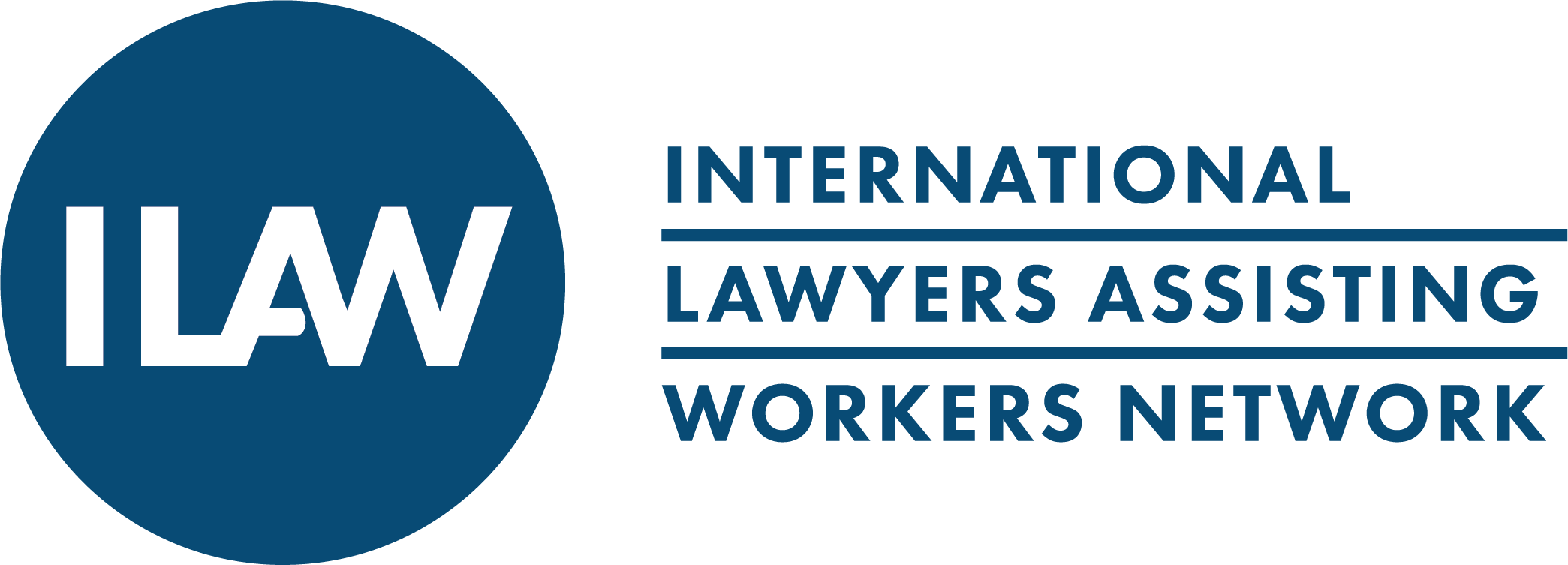This article addresses the question of what strategic litigation means for workers and trade unions. Drawing on the existing literature and on a series of semi-structured interviews with union officials, …
This article addresses the question of what strategic litigation means for workers and trade unions. Drawing on the existing literature and on a series of semi-structured interviews with union officials, …
Persistent exploitation of farmworkers is a defining problem of our time. An estimated 32% of the global population is employed in agriculture. At the base of global food systems, agricultural …
By analysing the interrelations between the regulatory framework, organisational dynamics, and gender politics, we assess the challenges for Gender Equality Bargaining (GEB) in Chile. Several factors in the political arena …
“By analysing the interrelations between the regulatory framework, organisational dynamics and gender politics, we assess the challenges for Gender Equality Bargaining in Chile. Several factors in the political arena drive …
“Federal agencies are increasingly interpreting international labor rights and imposing a wide array of economic and financial penalties, or “rights-based sanctions,” under various laws and regulations. Congress recently vested the …
“This report provides an overview of the ways in which EU and EEA Member States have regulated their social security frameworks in relation to short-term third-country national (TCN) migrant workers. …
“The Strikes (Minimum Service Levels) Bill 2023 proposes a ‘minimum service levels’ framework for strikes in certain public services in Great Britain. These proposals were justified by reference to European …
“The Future of Unions and Worker Representation, written by Professor Anthony Forsyth, thoroughly examines four countries and industrial relations systems—Australia, the UK, the USA, and Italy—to assess and contrast their …
“The extension of artificial intelligence (AI) and algorithmic management mechanisms by companies has led to growing trade union demands to regulate their use. This article explores the role of collective …

Special Issue – COVID-19: Labour, Migration, and Exploitation
“This Special Issue of Anti-Trafficking Review examines the impact of the COVID-19 pandemic on the lives of low-wage, migrant, and informal workers. With contributions from Australia, Kyrgyzstan, Russia, Europe, Nigeria, …